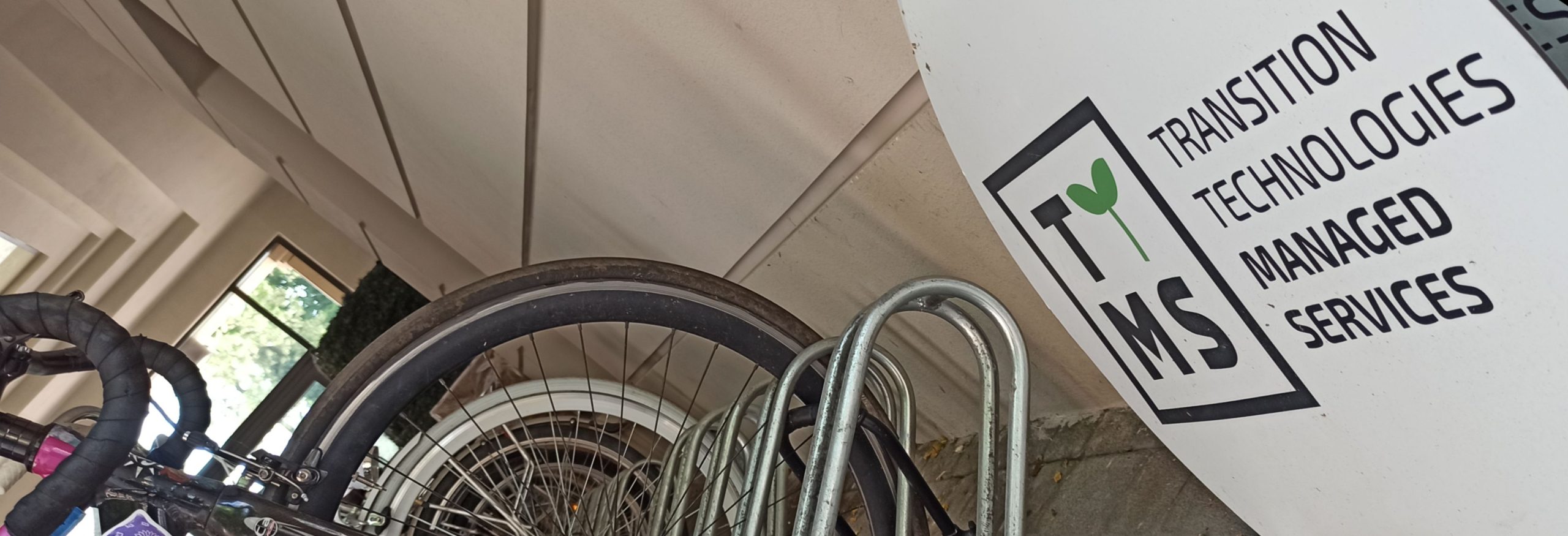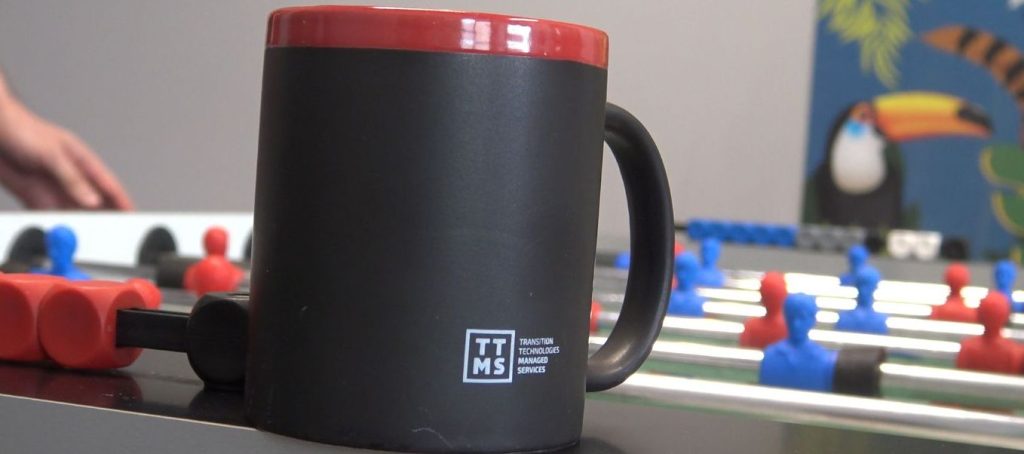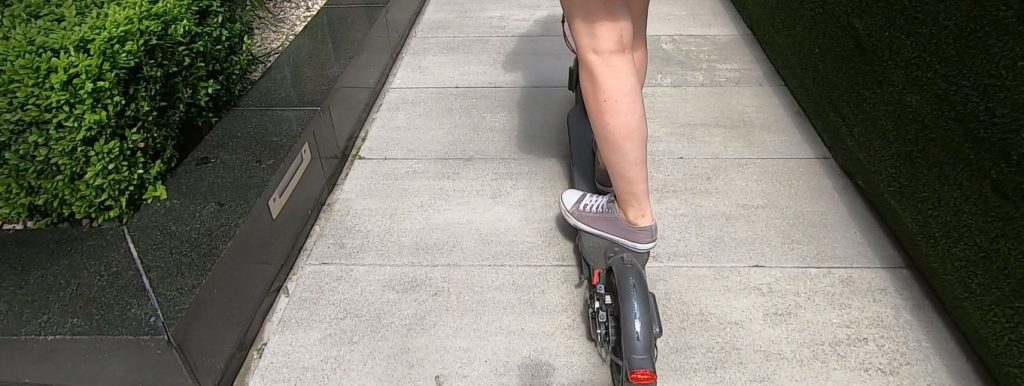“We found, that if we are to change the office, let’s change it for the better in every respect, including ecology – ecology is an inseparable element of our strategy” – says Małgorzata Szewczyk, Administration Director at TTMS. Together with Marta Kapelak, Business Development Manager, they are responsible for eco activities in the company.
Marcin Kapuściński: We are burdened with the specter of irreversible changes in the climate and according to the Mercator Research Institute on Global Commons and Climate Change, we have less than 7 years to prevent them. Can business initiatives have a real chance to stop this fatal trend?
Marta Kapelak: It seems to me, that they have and should have. However, I would like to start by mentioning a trend, that I personally do not like. It is connected with shifting the responsibility for the state of the environment onto individuals. It is believed, that if we do something on an individual level – for example as part of the “zero waste” trend – we will contribute to a real change. In a sense, we have an impact on it, but only when the scale effect occurs, which is still very far away. However, large corporations have a real impact on what our world looks like. Of course, informed consumers may try to reduce the demand for, for example, plastic bags, but ultimately companies have to stop producing them. Business initiatives are key and the initiatives of individuals are important, because they prepare us for greater changes, that may come from business and politicians.
Małgorzata Szewczyk: There will be no changes, neither without the initiatives of companies, nor without the actions of the individual. Corporations or politicians do not have perspective, that would allow them to notice the necessity of minor changes in everyday life. Everyone is able to pay attention to certain things, and if he does it well enough, corporations pick up the topic and start implementing it. Everyone – both business and individuals – has a significant influence on what the world will look like. In the strategy of each company, you can include some “eco solutions”, organize actions, but in fact it is an individual that is able to make you aware of certain things and be a trendsetter. We, as a company, can try to implement some elements later.
All educational initiatives seem to be a necessity. Can TTMS boast awareness-raising campaigns in this area?
MS: We have carried out a lot of employee actions, which – contrary to appearances – have a very large impact on the ecology. In January, our employees’ children participated in “eco-holidays”. Their task was to use ecological materials to create a character – the TTMS mascot. Their commitment exceeded our expectations, so we will definitely repeat it. The “Kilometres keep us going” campaign, in which we walked, ran and cycled for a month, introducing an element of healthy competition into it, was also popular. There were prizes for the best. Many employees have permanently changed their habits, giving up car journeys, and some also “extend” the challenge every month by racing with their colleagues from their team – so you can see that the action has gained its momentum.
MK: We covered 13 625 km. If we traveled the same distance by car, then by averaging the emissions, we would produce over 2 tons of CO2, which is as much as 291 trees consume per year.

MS: Everyone sees ecology only as environmental protection. But it is also about caring for the well-being of employees. Let me give you an example. When creating a new office, we applied for the BREEAM ecological certificate. One of its key areas – apart from purely technical ones, such as the sources of material origin or the impact on water pollution – is the health and well-being of employees. These include: the amount of daylight in the rooms, optimal temperature, air quality and acoustics.
Let’s expand on the topic of the new office. What will the “operations center” look like, as we already call it so most often?
MS: We found that if we are to change the office, let’s change it for the better in every respect, including ecology – ecology is an integral part of our strategy. The office will be 90% eco, and this assessment is influenced by way of creating a project, obtaining materials for construction (cement cannot be from China, and comes from a cement plant located no more than 800 km from the construction site), appropriate quality of windows, electronic osmotization, use of rainwater or gray water, bicycle rooms are also created. According to the BREEAM certification, the office will achieve the “outstanding” rating (above 85%). Another certificate that the office will be able to boast is WELL and it is focused on people and their well-being. It is assumed that a satisfied employee is an efficient employee, and if he is efficient, his work has a positive impact on the company’s situation, which thus has more funds for investments in ecology. The assessment concerns the conditions in which we work: noise level, air quality, light, erogomy, or the ability to maintain physical activity.
The strength of TTMS has always been the atmosphere and relations between employees. How did we deal with it in a pandemic and was this elusive human factor taken into account when designing a new office?
MS: TTMS has never been a typical corporation and we have always attached great importance to interpersonal contacts. You could even say that we were famous for it. The pandemic – although technically we managed the transition to remote mode very efficiently – it must have knocked us, like many other organizations, off the beaten track. We all know that relationships are built not by Teams but in the corridors, and the best ideas come from casual conversations over coffee in the company’s kitchen. When designing a “command center” we have it all at the back of our mind. That is why we want to provide a friendly, ecological open space: with partitions, a lot of greenery, appropriate soundproofing, comfortable work and a large number of modern conference rooms. We realize that in the case of hybrid work, and we will encourage such work, the employees’ identification with the company should be taken care of in a special way.

How do the other offices fare against this background?
MS: Apart from creating an “operational center”, we are improving those that are already operational. We try to influence our suppliers that all 8 offices have electricity from renewable energy sources, save water, or use air conditioning very economically and use it only when it is necessary due to high temperatures. Much depends also on “bottom-up” initiatives. As part of the weekly “People with passion” series, we will be introducing a series of ecological meetings. These are remote workshops that are regularly attended by people from all 9 branches. During these meetings, employees will not only receive practical tips on how to introduce environmentally beneficial changes around them, but also the opportunity to suggest what changes should be made by the company itself. We are able to take such an initiative into account in our budget and make it an eco-venture.
What will be the most important “eco-goal” for TTMS in the coming months? To what level is a large company with over 600 employees able to minimize CO2 emissions?
MK: Our company is quite low-emission anyway due to the nature of our business. We do not produce hardware, we provide intellectual services, and although the production of the laptops we use generates a carbon footprint, we try to neutralize this trace with other activities. As of today, not producing it at all – even in an indirect way – is practically impossible. But zero-emission understood as a balance sheet, where the CO2 footprint is neutralized with additional supporting actions, is certainly one of our main goals. We have ambitious plans in this regard, which we would not like to talk about yet. Instead, I would like to mention measures that can reduce CO2 emissions indirectly. For example, we try to select suppliers from an ecological point of view, and we also strive to minimize all courier shipments.
Finally, let me ask for the numbers: how much CO2 did TTMS emit in the last year?
MK: When measuring the emissions from 2020, we took into account the use of cars and energy in the office. It cannot be denied that the pandemic and the resulting change in the work formula to remote and hybrid significantly influenced the numbers. For example, in Białystok in January and February 2020 we emitted 3.5 tons of CO2 per month. The sharp drop occurred in March, and from April to the end of the year emissions stabilized at between 600 kg and a tonne per month. In total, last year we emitted 17 tons of CO2 from used fuel and 160 tons from used electricity, which is 0.33 tons per employee.
